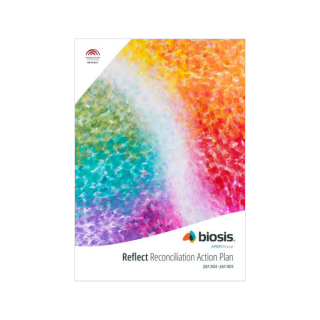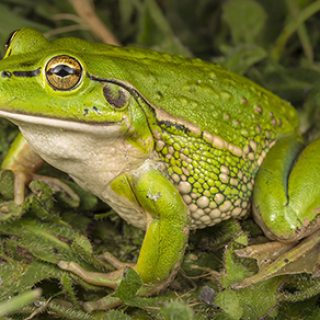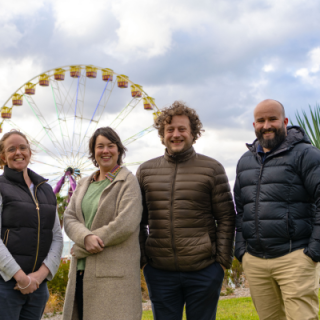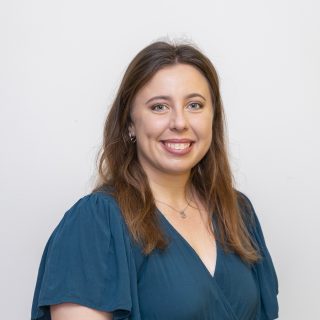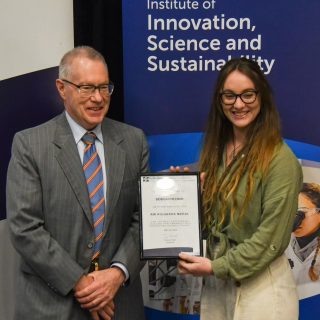Consultant Spotlight: Charlotte Allen
Historical Research plays an important part of all heritage assessments we undertake as it helps assess the historical significance of a site.
We recently sat down with Senior Heritage Consultant Charlotte – our resident expert on Historical Research – to discuss the significance of the discipline in cultural heritage assessments.
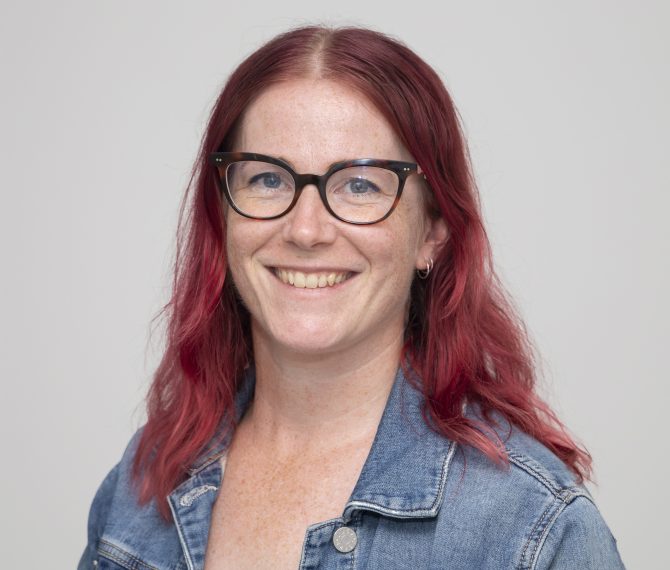
Where does your interest in historical research come from, and How does your expertise play a role in NSW heritage assessments?
It started with my honours dissertation when I was doing research for an object biography of a ceramic artefact, an asparagus dish lid, excavated from a cesspit in Pyrmont. I got to look into ceramic production methods, potteries in Glasgow, trade routes and ships arriving from Glasgow to Sydney, mid-19th century Sydney newspaper advertising for particular types of pottery for sale, trends in dining styles, dishes and the use and consumption of asparagus in the 19th century, investigating the occupants who were living at the house site over time and potentially identifying the people who owned this particular type of item. Such a thorough exploration of the story and relationships that a single object had with its creators, traders and owners gave me an opportunity to appreciate the infinite complexity of history and people.
What I really love is finding the human story behind a land title or a building and piecing together the puzzle, and when this is combined with physical evidence of that, it’s a really special connection to the past and the people who lived it.
Accurate historical research is incredibly important when it comes to being able to assess the heritage of a place. It’s the foundation for understanding your site. Without it there is the risk that you could miss a vital piece of information which may mean the difference between a place being of heritage significance or not. As heritage consultants we have a responsibility to ensure that significant places are treated and managed appropriately. When I’m reviewing reports for the team, I pay particular attention to the research that has been conducted.
Can you share a specific project or example where your expertise played a crucial role in a project? What were the key challenges and successes of that project?
One of my first projects at Biosis was background research for a site in the Wollongong CBD. The results of the research indicated that the site had both stone and timber cottages, and we could identify the occupants based on census data, while local newspaper records added dimension to their story. Using the data I collected, the team was able to map out areas of interest and allowed for targeted archaeological investigation as part of the excavations. We were able to record some really interesting archaeology including stone wall foundations, wells, cisterns, timber-lined cesspits and artefact assemblages.
In conducting historical research on topics that involve limited or contested sources, how do you navigate the challenges of bias and reliability in the evidence you encounter, and what strategies do you employ to ensure a comprehensive and balanced interpretation?
If you go in with the attitude that the majority of written sources are created by men of European origin, mostly those with some kind of financial or equity wealth, then it is easier to recognise bias when the records talk about women, or the poor, or Aboriginal people. Everything that isn’t a formal government transaction record needs to be taken with a helping of salt (whether a pinch or a spoonful), and in order to try and get some understanding of what might have actually happened, it’s really important to get as many sources as you can and critically analyse them. Empathy is also a big part of it; it’s essential to try appreciate the perspective and worldview of someone in the past based on the context, even if you don’t agree with or understand it. Within consulting there are also budget constraints to what we can deliver on a project, so it’s also about understanding and communicating your limitations and recognising that more could be done, if there was the opportunity.
With the rapid advancements in digital technology and its application in historical research, what are some of the most promising tools or methods you have incorporated into your role as a heritage consultant?
The increasing amount of historical documents available online is incredibly helpful in being able to research the history of a place. Sometimes there just isn’t the budget to go to a physical repository (whether that’s a local or State library or government records archive) and look through documents. It’s not just plans – artworks, photographs, newspapers, books are all key resources. The work that the National Library of Australia does for Trove is absolutely essential in providing equal access to information, not just for heritage consultants but for the general public.
I’ve found that GIS and georeferencing historical plans can really help with determining whether you might have a potential archaeological site in your study area. This then goes on to inform your assessment of archaeological potential, what you might expect to find and in what form and condition too. You can then digitise the structures to work out what places you should target, it also helps at the other end as to how accurate those plans are (which they aren’t always!).
For aspiring heritage consultants interested in specialising in historical research, what advice would you give regarding skill development and career possibilities?
If you have the opportunity to, use local case studies for university assessments, read the grey literature (consultant reports) in addition to academic studies to start building an understanding of the kinds of records that are out there and how they are analysed as part of a site assessment. While I learnt critical thinking and the basics of research at university, most of what I do now for historical research I learnt on the job as a graduate.
If you’re already in consulting, put your hand up for historical heritage projects and talk to others who have experience in it. Get involved with local historical groups and museums. Be patient and ask for help – sometimes you spend a lot of time researching a place and have very little to show for it. This might be based on your own skill level or lack of access to records or information.
Also, stay focused on your topic and avoid going down the rabbit hole too much. Ask yourself, ‘Is this relevant to the place and the project? How is this avenue of research going to contribute to the project?’. The reality is, we work in a business which has set budgets based on what we charge our clients for our work. While we may want to write the best history we can, its important to recognise the limitations of the project. Having said that, if you think you’re on to something significant, speak up! Sometimes it might be the case that you come across something in your research which might indicate that there is something of State heritage significance in your project area. Your client will want to know about this and, with any luck, will want you to disprove this through more research!
Being a good researcher can be applied across lots of areas - it can help you to think critically and ask questions rather than just accept the status quo. This is a really important skill in heritage consulting.

